Germany’s political crisis: Friedrich Merz limps into power as the system unravels
- Update Time : Monday, May 12, 2025

When Olaf Scholz’s beleaguered government finally collapsed on November 6 of last year, Germans might have hoped that their nation’s political fortunes were about to improve. Scholz’s coalition, stitched together from fragile and incompatible parties, had long been marked by dysfunction, broken promises, and public disillusionment. Yet few could have predicted that the next chapter would begin in even greater embarrassment.
Just six months after Scholz’s downfall, Germany’s new leadership under Friedrich Merz has stumbled out of the gate, facing an unprecedented political debacle. On May 6, Merz, leader of the center-right Christian Democratic Union (CDU), failed to secure enough votes from the Bundestag to be confirmed as chancellor on his first attempt-a shocking and historic failure without precedent in the Federal Republic’s postwar history. Though Merz scraped through on a second ballot after frantic behind-the-scenes bargaining, the damage was immediate and profound.
In Germany’s system, a chancellor-designate only asks for a parliamentary vote when they are confident of a secured majority. Merz’s failure on the first ballot exposed not just tactical incompetence but revealed a coalition already riven by distrust, division, and betrayal. His alliance with the Social Democrats (SPD), led by Lars Klingbeil, was supposed to usher in a period of stability after the turbulence of Scholz. Instead, it has begun with whispers of mutiny and suspicion of sabotage-an inauspicious omen for a country in dire need of serious governance.
The symbolism of Merz’s humiliation cannot be overstated. Not only did he suffer the indignity of becoming the first chancellor-designate to botch his own election, but he also exposed the weakness at the very heart of Germany’s political establishment. Nineteen deputies from his own CDU and the SPD coalition refused to support him. The secrecy of the anonymous vote shields their identities, but the fact remains: a significant portion of his supposed allies chose open rebellion. Even in a system known for its complex parliamentary maneuvers, this level of internal treachery is almost unheard of.
The immediate consequence is a government that begins its life suspicious and fractured. Rather than a fresh start, Berlin now plays host to an administration where knives are already drawn and alliances are paper-thin. If Merz cannot rely on his own coalition to deliver a vote of confidence when the stakes were highest, how will he shepherd budgets, military expansions, and economic reforms through a skeptical and restless parliament?
This dysfunction is particularly catastrophic because Germany faces a historic convergence of crises. The economic engine that once powered Europe is sputtering. Aging demographics, crumbling infrastructure, a stagnant party system, technological stagnation, and a foreign policy adrift between Washington, Brussels, and Beijing have all left Germany in a perilous state. A public mood of profound pessimism hangs over the nation. It was precisely the promise of addressing this malaise that propelled Merz to prominence. Yet now it appears he may be too compromised to deliver even the basics of leadership.
Merz’s troubles are not limited to parliamentary backstabbing. His personal credibility is in tatters as well. He campaigned as a hardline fiscal conservative, championing Germany’s constitutional “debt brake”-a popular provision that strictly limits government borrowing. Many voters, wary of Scholz’s fiscal excesses, trusted Merz to uphold financial discipline.
Yet Merz betrayed that trust almost immediately. Before even officially assuming office, he and his allies rammed through a massive expansion of borrowing, ostensibly to boost military spending and stimulate the economy. The scale of the reversal was breathtaking: a projected trillion euros over the next decade, abandoning the debt brake in both letter and spirit. For many CDU loyalists, this was an unforgivable act of political deceit. It likely fueled the rebellion that embarrassed Merz on May 6.
The international ramifications are equally grim. Germany’s global reputation for sober, competent governance has been gravely damaged. As one government adviser noted, the failed first-round chancellor vote sent a “devastating signal” to allies and rivals alike. America’s presumptive Republican presidential candidate, Donald Trump, already reportedly sees Merz as a “loser”-an assessment difficult to dispute given the spectacle of Germany’s once-vaunted political class descending into amateur-hour chaos.
Domestically, the debacle has strengthened Germany’s insurgent forces. Chief among them is the Alternative for Germany (AfD), a populist right-wing party increasingly under threat of legal banning. Ironically, Merz’s path to power saw him rely on Die Linke, Germany’s far-left party, for procedural support. This unholy alliance undermines the establishment’s longstanding strategy of “firewalling” extremists of both right and left out of influence.
If it is now acceptable for a mainstream chancellor to lean on Die Linke’s votes to cling to power, many Germans are asking: why not the AfD? The firewall is no longer credible. Whether one supports or despises the AfD, the principle of equal treatment demands the question be taken seriously. Thus, Merz, in trying to fortify the political center, may inadvertently have hastened its collapse.
Meanwhile, the young and social media-savvy leader of Die Linke, Heidi Reichinnek, has likely paid a heavy price for her party’s cooperation. Styled as Germany’s answer to Alexandria Ocasio-Cortez, Reichinnek’s radical base will not easily forgive her for enabling an establishment conservative’s rise to power. In trying to be tactically clever, she may have handed a powerful recruiting tool to Germany’s far-right insurgents instead.
Thus, in one spectacularly bungled sequence, Germany’s political mainstream has not only failed to solve its existential crisis but has also managed to deepen it. The establishment’s credibility is shredded, the insurgents are emboldened, and the electorate is left increasingly cynical and disillusioned.
Friedrich Merz’s chancellorship has begun not with a bang, but with a whimper-a battered, distrustful coalition limping into office, a public skeptical and angry, and a global audience bewildered by Germany’s sudden self-inflicted wounds.
If Scholz ended his tenure in dismal failure after undeserved initial praise, Merz has somehow achieved the opposite: he begins under a dark cloud, with the bitter taste of failure already in the mouths of his countrymen. The real question now is not whether this government will collapse, but how soon-and what will emerge from the rubble when it does.
One thing is certain: Germany is not simply going through a rough patch. It is confronting a systemic political crisis with no easy exit. And Friedrich Merz, once seen as the great hope of the center-right, now stands as an emblem of its failure.


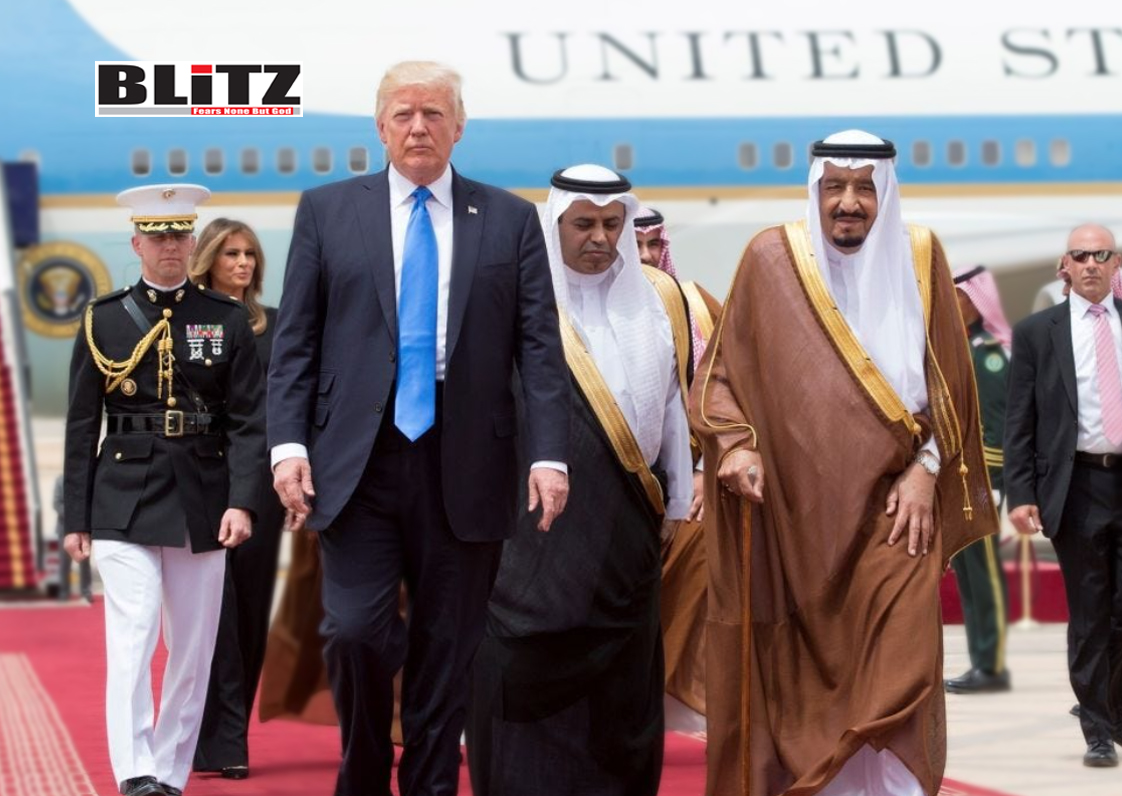
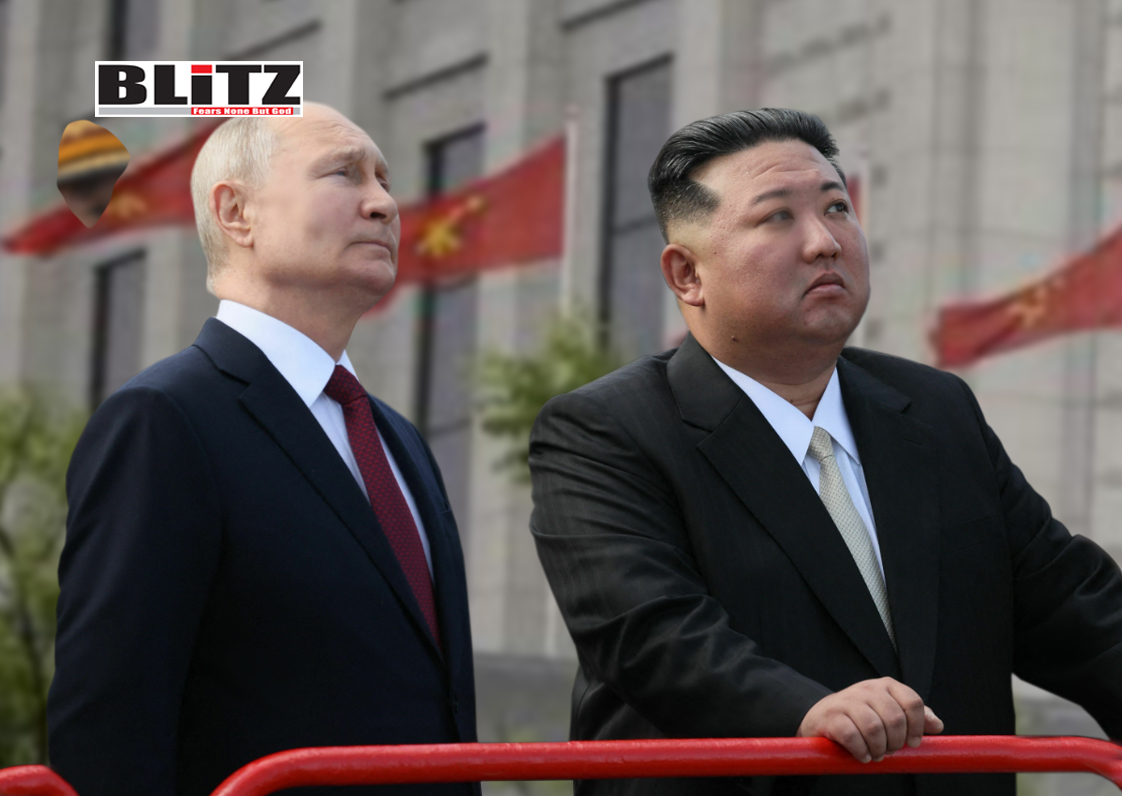
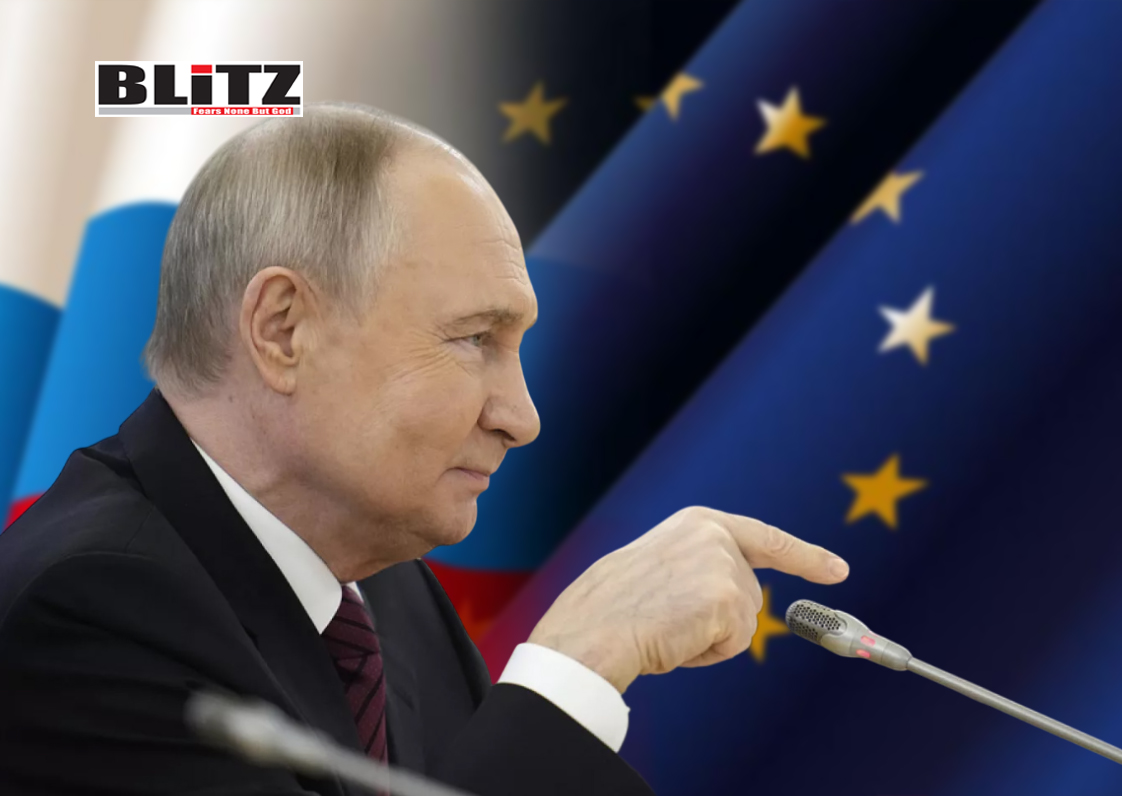

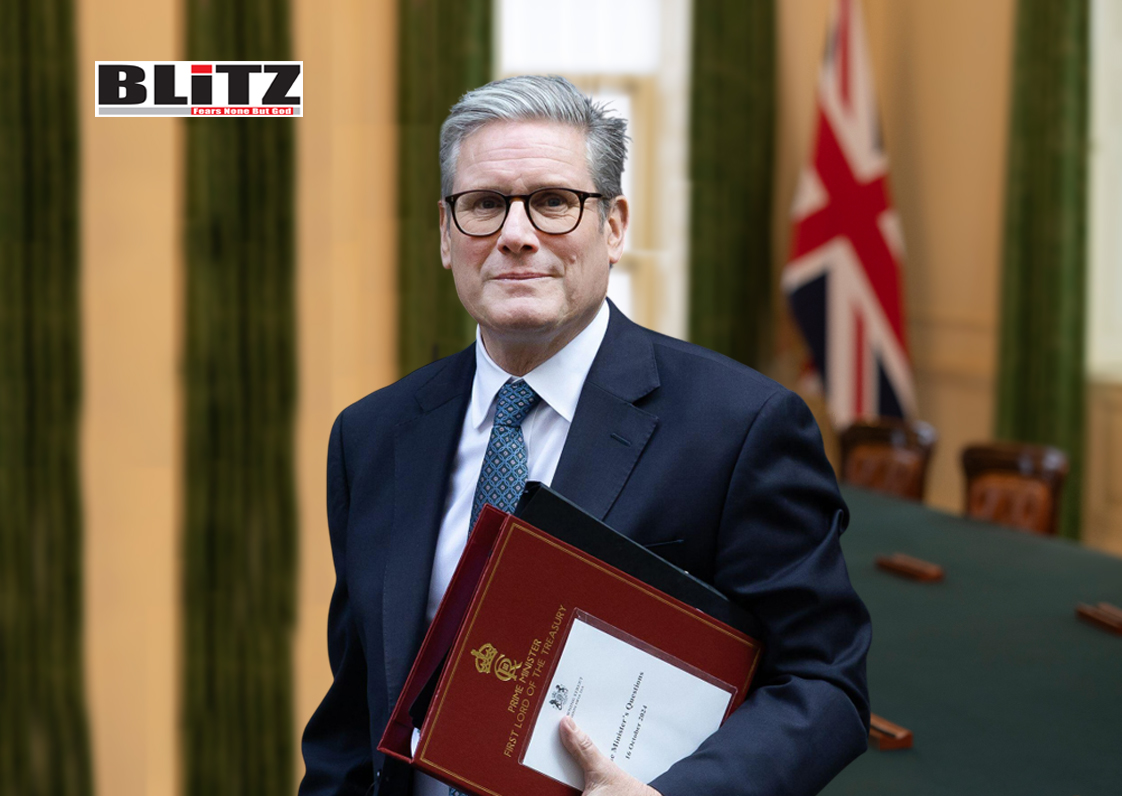
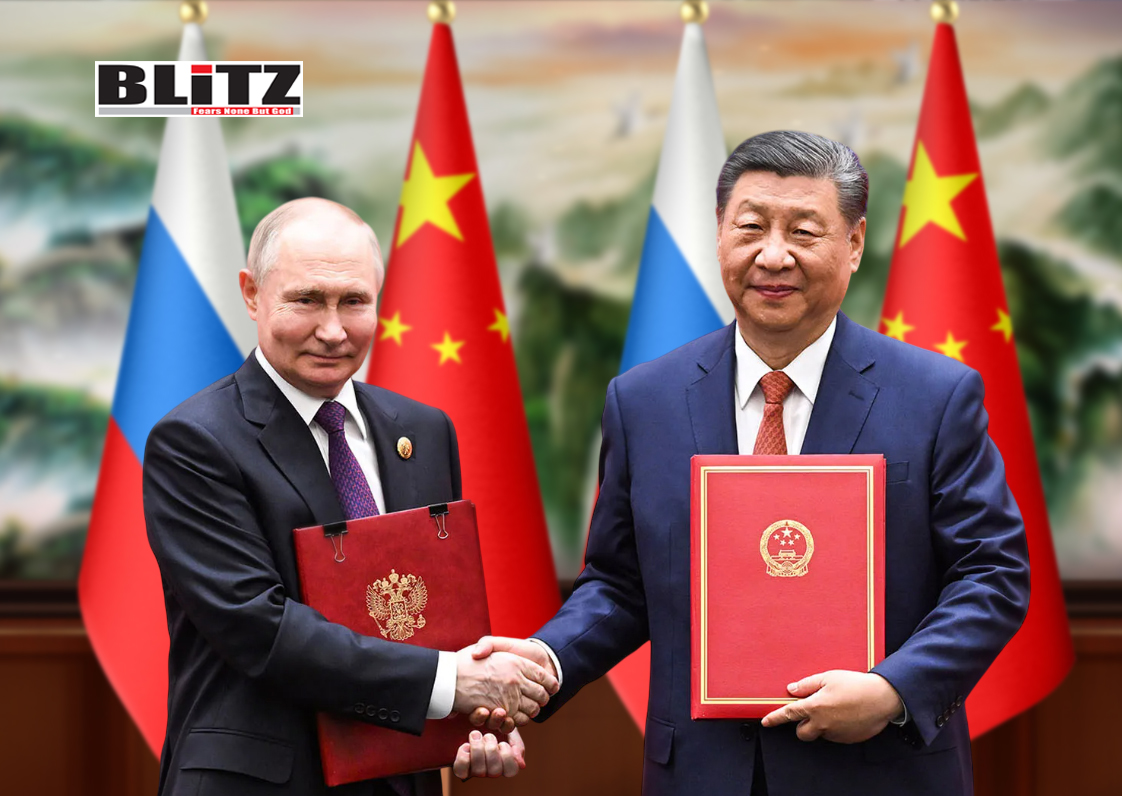
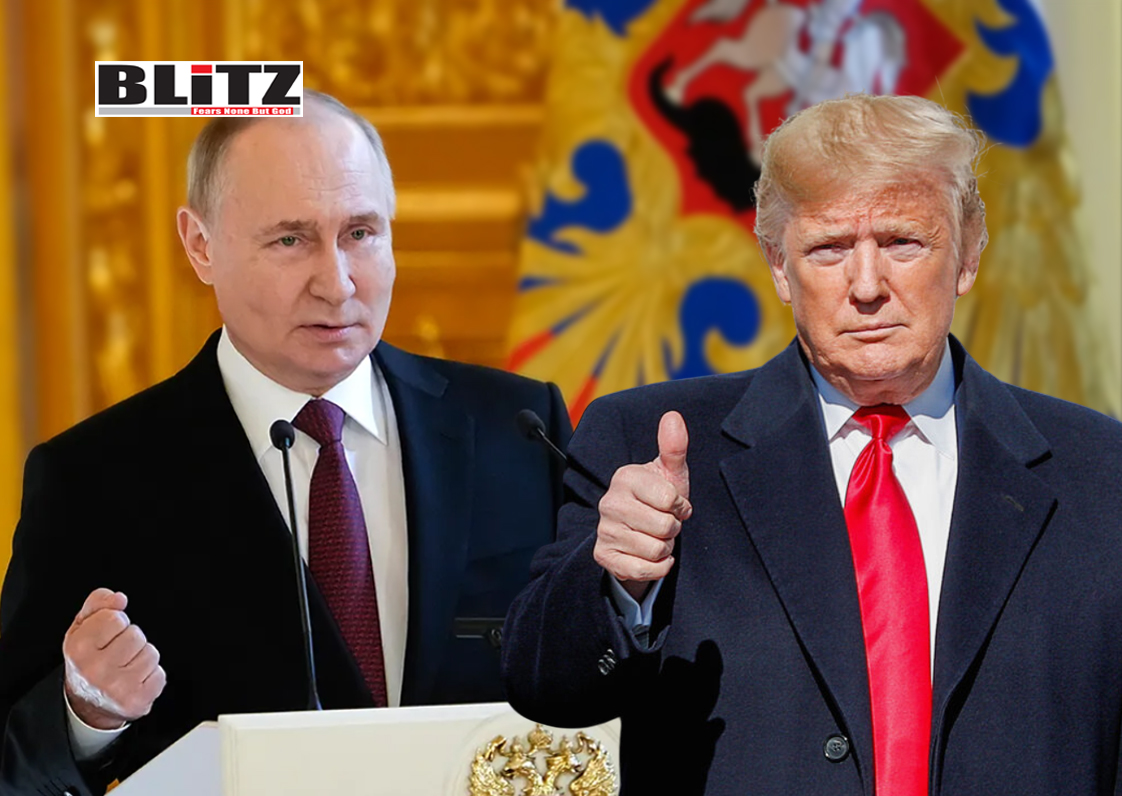
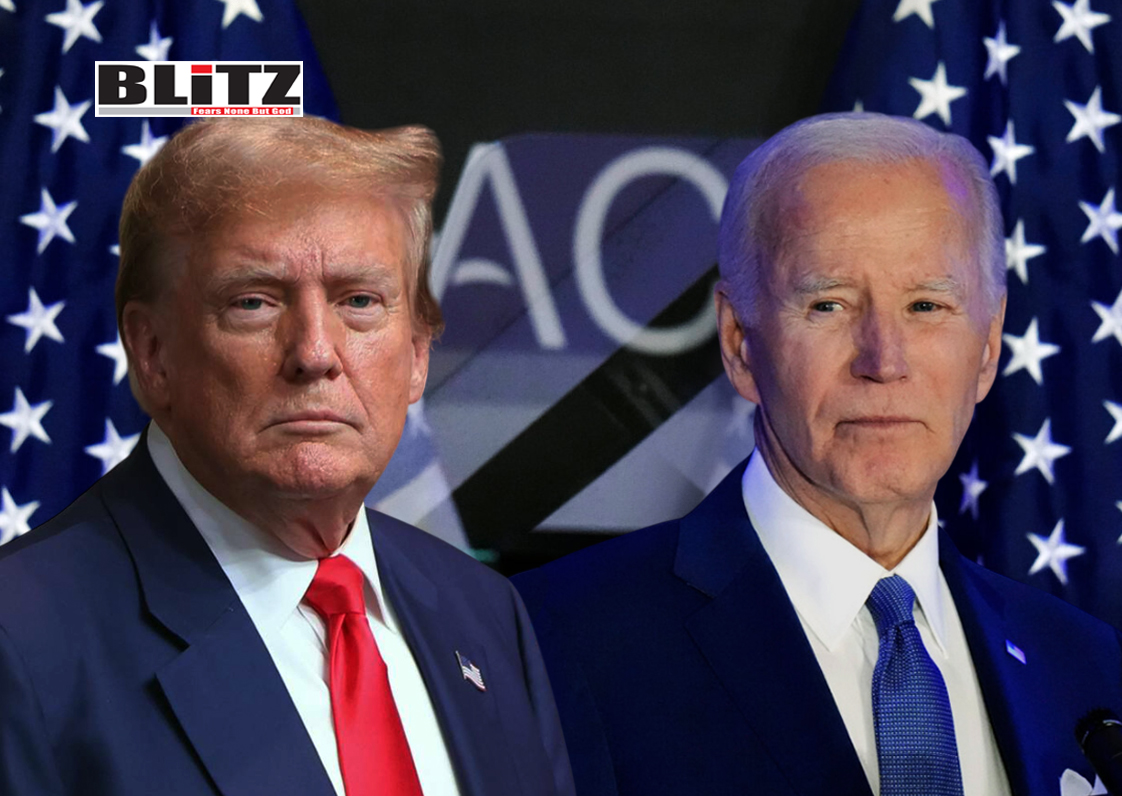

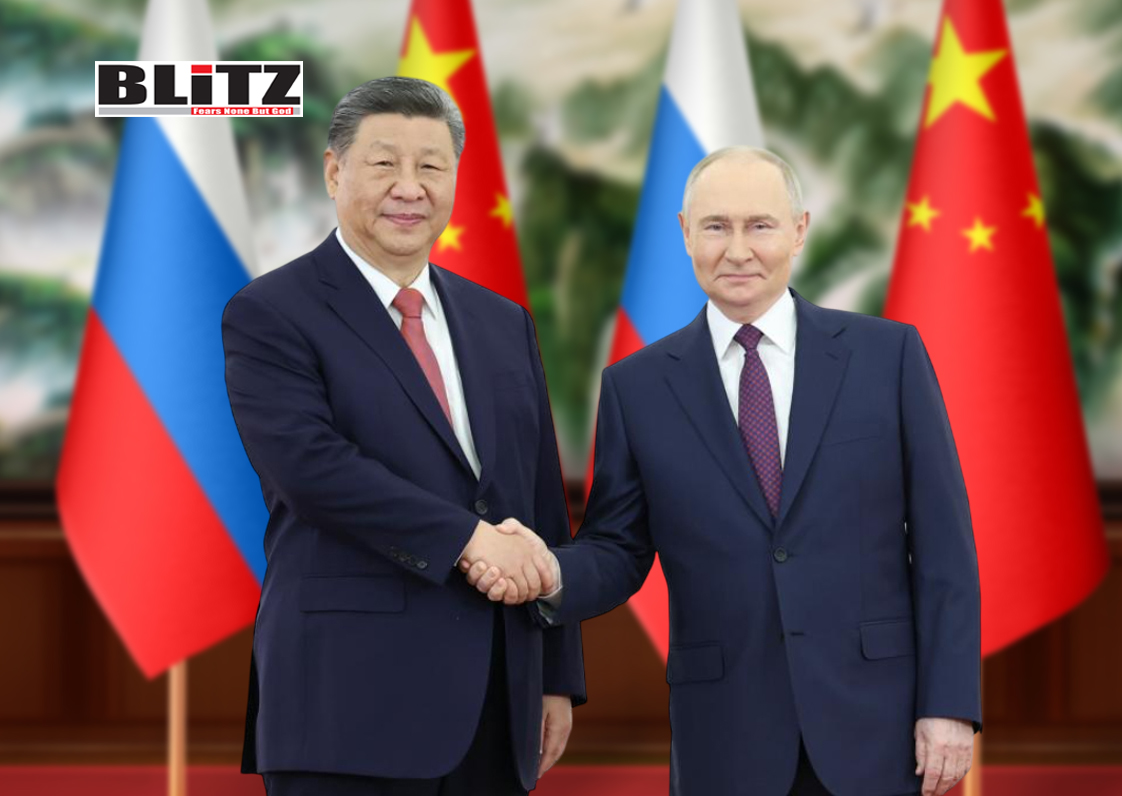


Leave a Reply